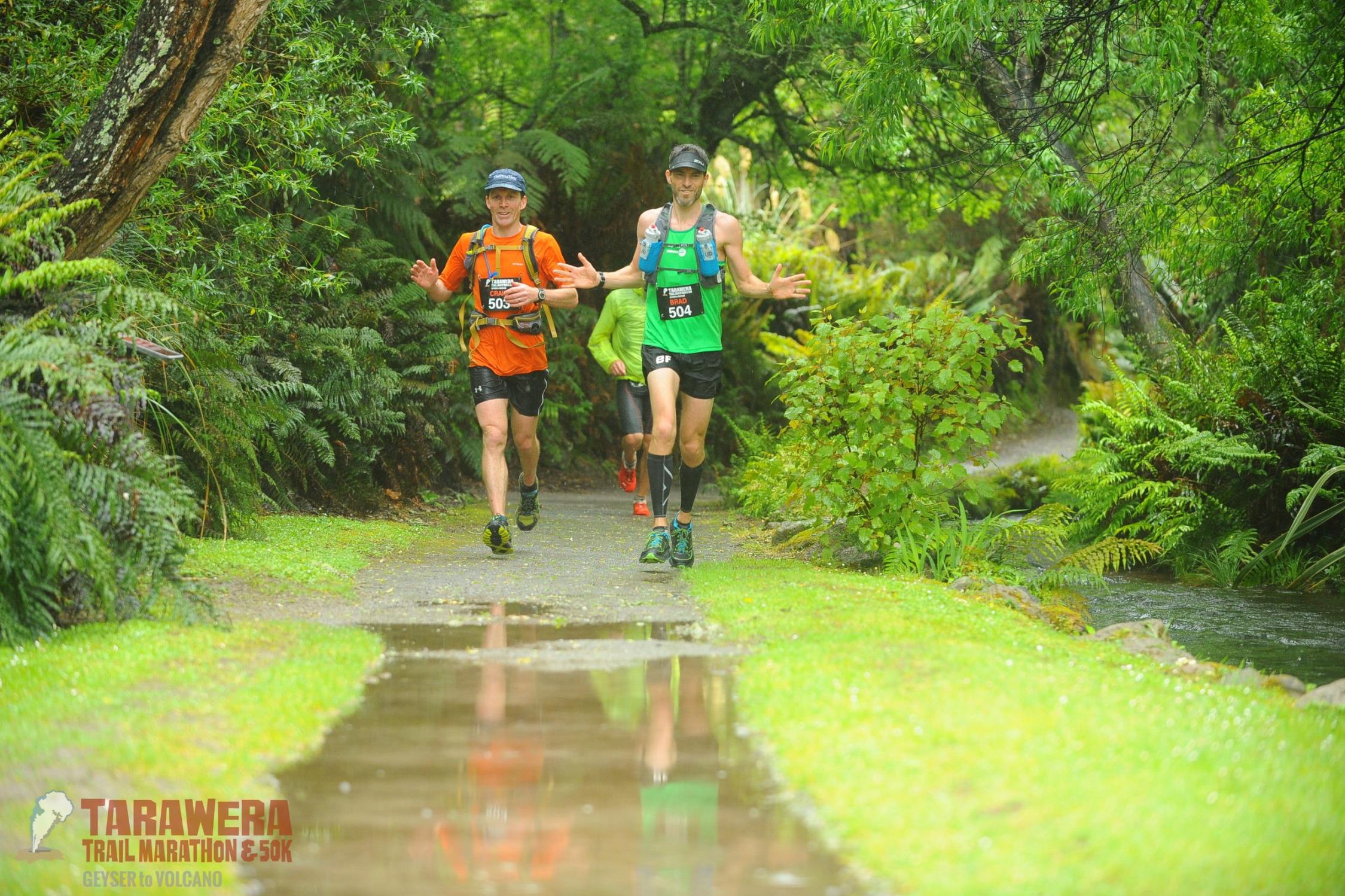Work on 2 S's before 2 E's
Health, June 14, 2020
In order to achieve optimal health and well-being, it is essential to prioritise stress management and quality sleep. These foundational elements serve as the building blocks to a more effective exercise and nutrition plan.
Our society is conditioned to believe that to be fit, well, and lose weight you have to work on EXERCISE and EATING. While your daily activity and dietary patterns are an important part of the wellness picture they will never gain consistency if they are not structured on the base of quality SLEEP and STRESS management. Without habits to ensure that sleep is cherished and stress is identified and managed well then every other part of the wellness routine will fall away.
Sleep is the wonder wellness enhancer that many professional sports teams and elite athletes are investing time and money in. Roger Federer aims for 12hrs + during major tournaments and goes so far as to hire two houses (one for his family, one for him) to ensure his sleep is priority. Major NBA and NFL teams in the USA have sleep specialists as part of their performance team working with individuals to dial in habits that promote the most restorative and restful sleep possible. The research is in and working on quality sleep routines allow your system to absorb training, and recover far more effectively than if your sleep is poor. The first 90min of sleep is especially important in laying down the right conditions for melatonin (sleep quality hormone) to do kick start the hormonal cascade ensuring repairing, rebuilding, and critical brain defraging. Our brain is the most important and one of the most active organs in the body. It creates many "neurotoxic" byproducts during the day. The amazing self cleaning system (glymphatic system) is mostly active at night during sleep. If you don't get enough sleep then you can get a build up of these neurotoxic debris which could contribute to a whole host of disease. One of the waste products includes amyloid Beta protein and this has an association with Alzheimer's disease. Try and plan for 7.5 to 9hrs every night. Without a healthy brain you can forget about a healthy "mind & body".
Tips for optimising SLEEP
- No screen time for 60-90min before bed as the blue light can interrupt melatonin production.
- No snacking after dinner as any insulin spike can also prevent melatonin.
- Ensure you sleep in a dark room with NO blinking lights and TURN off your phone.
- Have a similar time for going to bed and rising. Your system loves consistency around routine.
- If stressed about something, talk to someone or write it down to help with processing it. DON'T put your head in the sand and hope it will go away - it will fester creating stress, and hamper sleep.
Our systems are not designed to cope with constant background stress. The way we respond to stress effects our overall health and wellbeing. Charles R. Swindoll stated that 10% of life happens to us and 90% is how we respond to things. Unfortunately the way our society is structured creates a background hum of stress that if left unchecked will build up creating physical and emotional breakdown. We have become a herd of human "doings" rushing around making sure we don't miss out on stuff and buying stuff. This distracts from working on becoming human "beings". There is many studies showing the benefits of just sitting and focusing on your breathing, spending quality time with loved ones, walking barefoot on a beach, or just sitting in green spaces. We are not designed to be separate from the natural world or from each other. This type of connective, restorative activity allows our systems to switch from sympathetic - flight or fight, to the parasympathetic - rest, digest, and restore. When you are in this state you have more space to be proactive with decisions, and your body tends to slow burn fat, rather than crave carbohydrate as more of the fuel mix. Look at how much down regulation time you have in your week, and touch base with how you are coping with your routine. Are you living for the weekend/holiday or are you incorporating "joy buffers" and micro-chunks of mindfulness in your day to keep stress in check?
Tips for handling daily STRESS
- Look at your families routine. Is is allowing you "being" time or is it too rushed.
- What activities bring you joy? Try to schedule these in on a daily basis. Don't wait to do them on weekends or holidays.
- Get into nature more & and ensure you have habits to protect it. Look at bush walks, time in green spaces, and get into our ocean and waterways.
- Look at a formal restorative practice like meditation (Headspace app) or Yoga/pilates to compliment your more intense activity. Down-regulate and "be" rather than smash out workouts and "do".
If you are wanting to strive towards a healthier state of being look at the cultivation of a wellness environment - then adjust your daily activity and eating habits. Healthier activity and eating habits will be more easily adhered too if the background settings are tweaked to ensure our system is able to restore, re-calibrate, and reset with quality sleep and stress management. Look at your S's first before your E's to get lasting positive change for you, our community, and our beautiful planet.
For Physiotherapy, Coaching, my book 'Holistic Human', Training Plans, YouTube, FREE recipes,
Connect below
https://linktr.ee/everfitcoach

Photo credit - Photos4sale : Myself and my best mate Craig having a run together
.jpg?version=8)